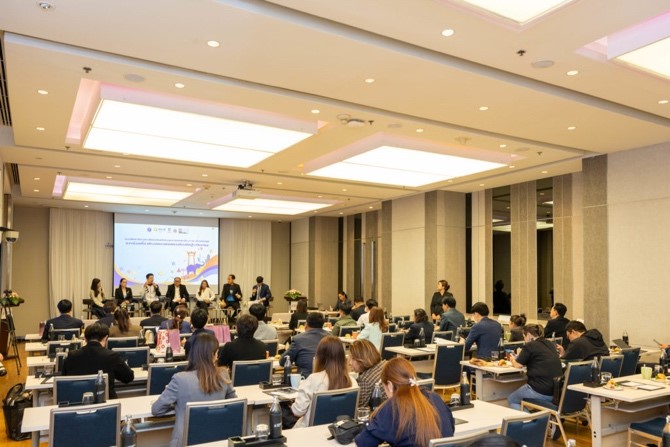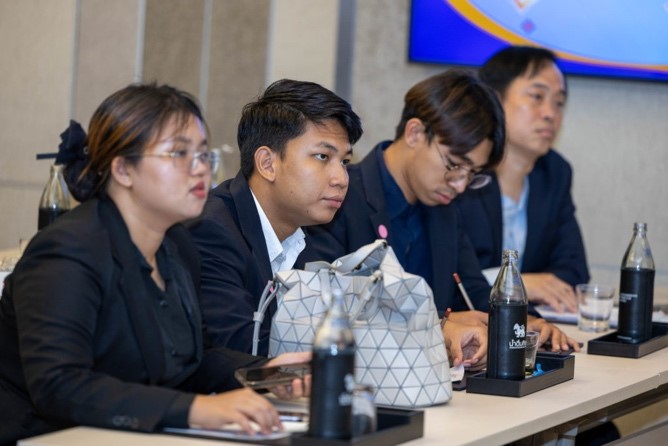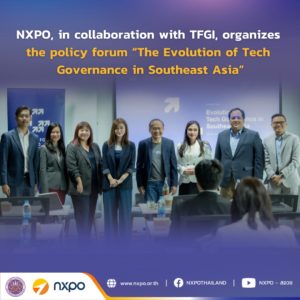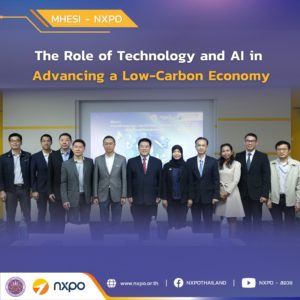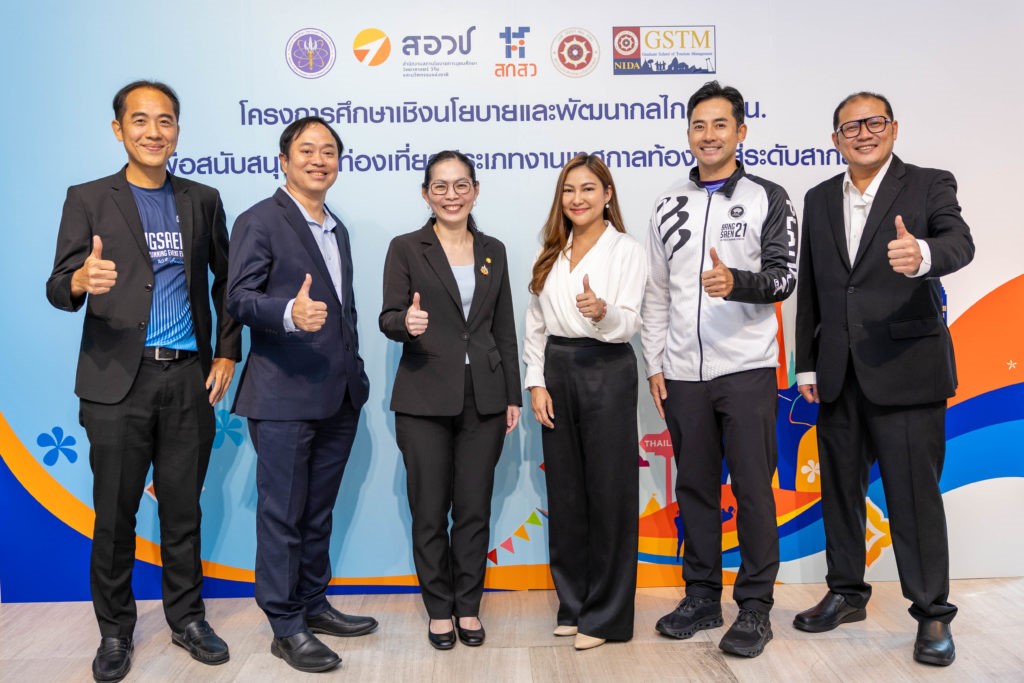
On 24 September 2024, NXPO and the National Institute of Development Administration (NIDA) launched a policy study aimed at developing mechanisms to transform local festivals into key drivers of tourism. The study focuses on leveraging research and innovation to elevate festival planning and execution. The launch event included a seminar featuring key stakeholders, including representatives from the Patong Entertainment Association in Phuket, Saensuk Municipality in Chonburi, Index Creative Village PLC, and Mice & Communication Co., Ltd. The discussions offered insights into how local festivals can serve as catalysts for economic growth, cultural exchange, and community development.
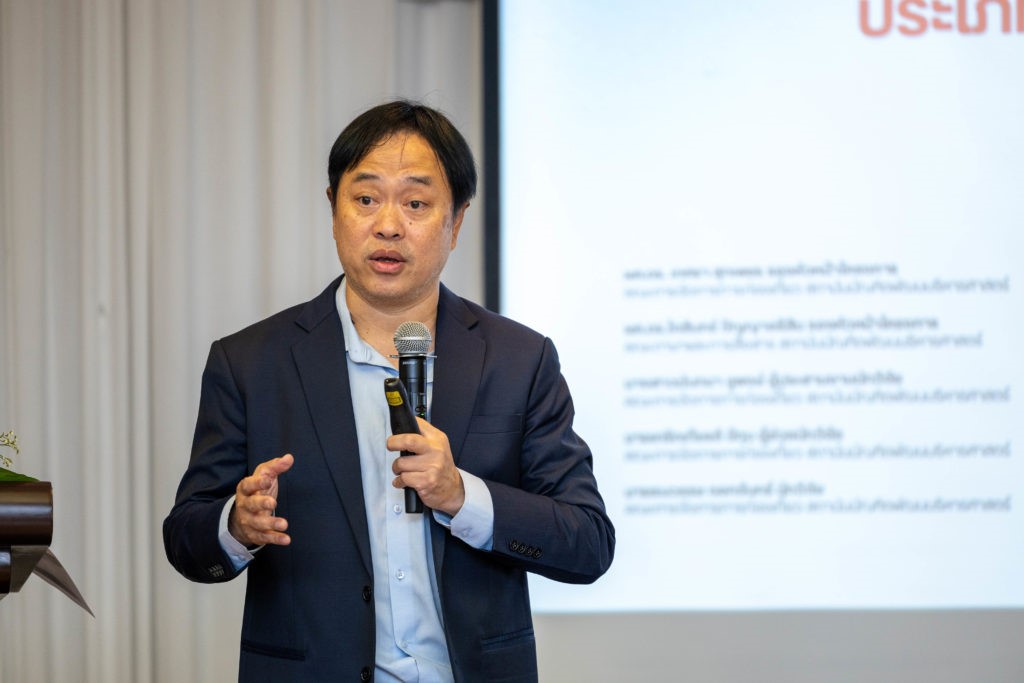
Asst. Prof. Dr. Chokechai Suveatwatanakul, Project Leader and faculty member at NIDA’s Graduate School of Tourism Management, emphasized the study’s goal to apply research and innovation to enhance festival planning. Mechanisms will be designed to help expand the global reach for local festivals while maintaining the local spirit and cultural essence. This initiative will support sustainability in festivals, positioning them as a driver of Thai tourism and furthering the government’s soft power policy.
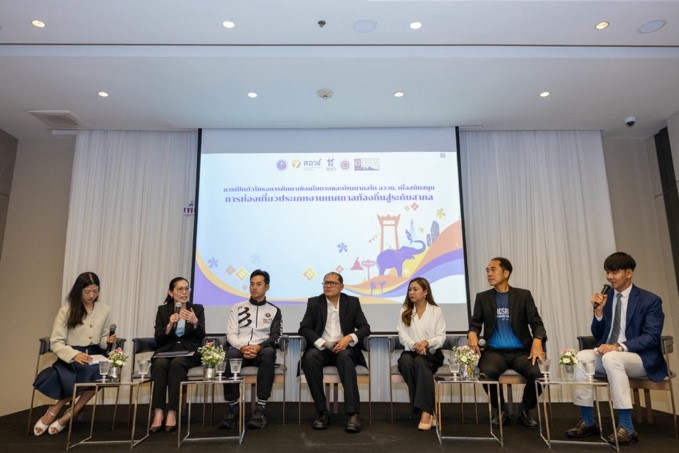
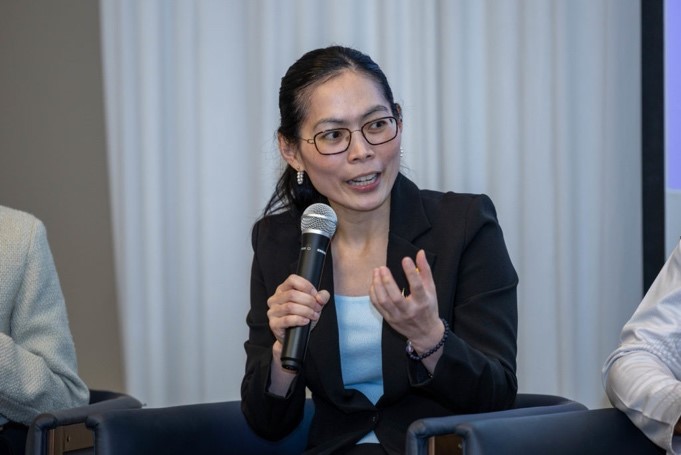
Dr. Siriporn Pittayasophon, Senior Strategist and Acting President of NXPO, remarked that local wisdom and cultural capital are vital to social and economic development. By applying research and innovation, NXPO aims to improve products and services that reflect Thailand’s rich cultural heritage and to showcase them on the global stage. This includes food, fashion, sports, creative media, and festivals. This joint study with NIDA will propose policy recommendations and mechanisms to promote the festival industry, enhancing tourism in secondary cities and contributing to sustainable economic growth.
“The planning and organization of cultural-based local festivals require strong support systems, including infrastructure, public transportation, and waste management, as well as cooperation from all stakeholders. Advanced assessment and preparation addressing these factors can ensure smooth operations, minimizing negative impacts on the community and increasing visitor satisfaction,” Dr. Siriporn added.

Mr. Narongchai Khunpluem, Mayor of Saensuk Municipality, noted that local festivals bring multiple benefits to both the community and the nation. They generate significant economic value through job creation, consumer spending, and investment. Moreover, festivals foster cultural exchange between visitors and locals. He highlighted the success of the Bangsaen21 running event in his municipality, in contributing to both public health and the local economy.

Dr. Preechavude Keesin, Advisory Board Chairman of the Patong Entertainment Association, remarked that over the past two decades, Phuket has become a major tourist destination due to its unique natural beauty and local culture. The province has initiated various festivals, from OTOP product showcase to Thai music festival which eventually turned into a famous international music festival featuring world-renowned DJs. While attempting to elevate local festivals to international recognition, it is also important to preserve natural resources, ensuring their sustainability. Collaboration between government agencies, local authorities, and the public is essential, including an efficient management system.
“Phuket attracts a large number of international tourists. We make sure to engage all stakeholders, including entertainment venues, restaurants, and hotels, and to involve the local community. By simply providing a creative space, some of our young performers singing on Bangla Road in Patong have been discovered and become professional singers. Bangla Road thus symbolizes the “from local to global” concept. Local events should benefit the community and the environment, not just the businesses.,” Dr. Preechavude added.

Ms. Umaree Charnnarong, Creative Business Development Director at Index Creative Village, shared her perspective, drawing from her experience organizing local and international events for clients in both the public and private sectors. She supported this initiative to promote local festivals to international recognition and pointed out that there are several festivals in Thailand, such as the ghost festival Phi Ta Khon in Loei, that have unique cultural significance and global potential. Upgrading venues, improving management, and ensuring adequate infrastructure for international visitors are crucial, as are creative storytelling techniques and new media to promote these festivals on a global stage.
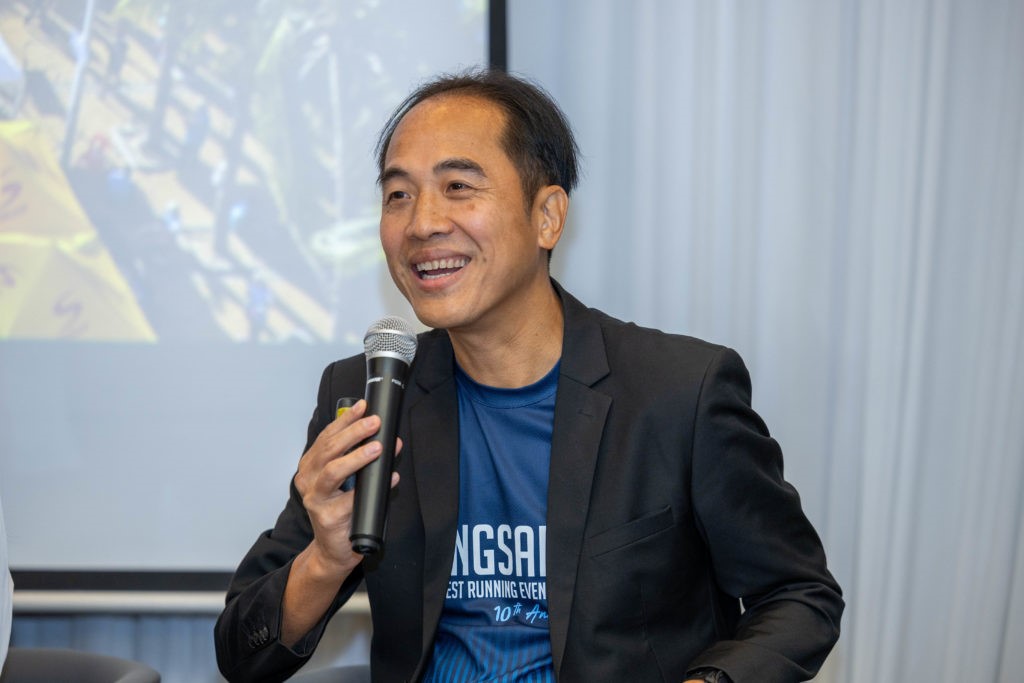
Mr. Rut Jiroajvanichakorn, Managing Director of Mice & Communication, highlighted the importance of embracing technology. AI, for instance, is gaining significant attention in the tourism industry. Thailand has a robust tech startup community, that can help the tourism industry enhance their tourist experience.
Local festivals—ranging from music events and food fairs to cultural celebrations—are increasingly recognized for their economic impact and contribution to tourism. The 2024 Songkran Festival, for example, generated THB 140 billion in revenue, with a 37.54% increase in foreign tourists, showcasing the integration of culture into tourism as a powerful economic engine. This study will propose policies and mechanisms to enhance the potential of community festivals to boost tourism and local economy.
